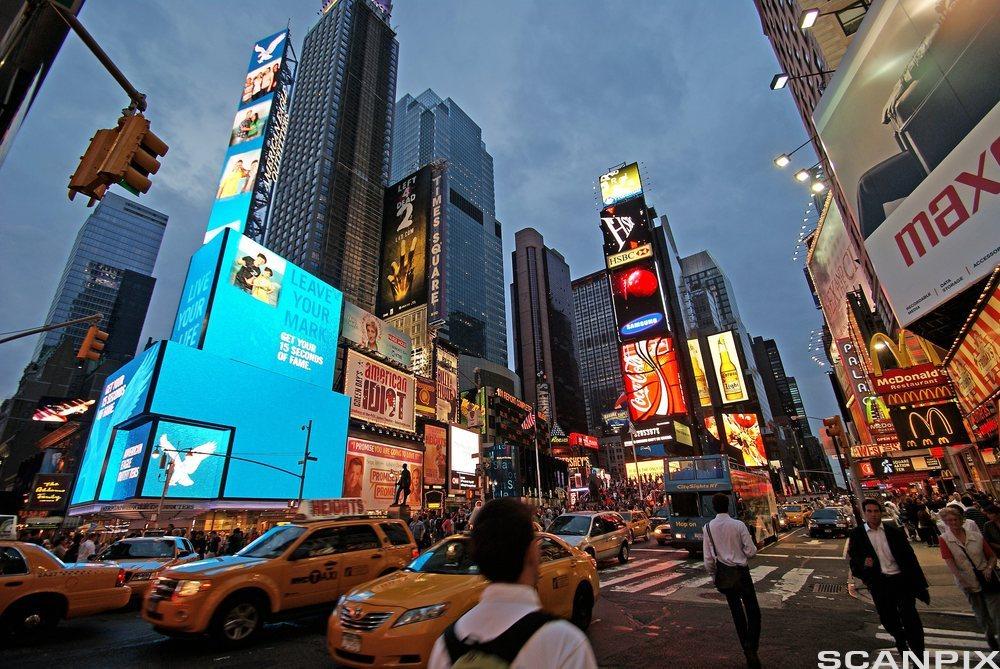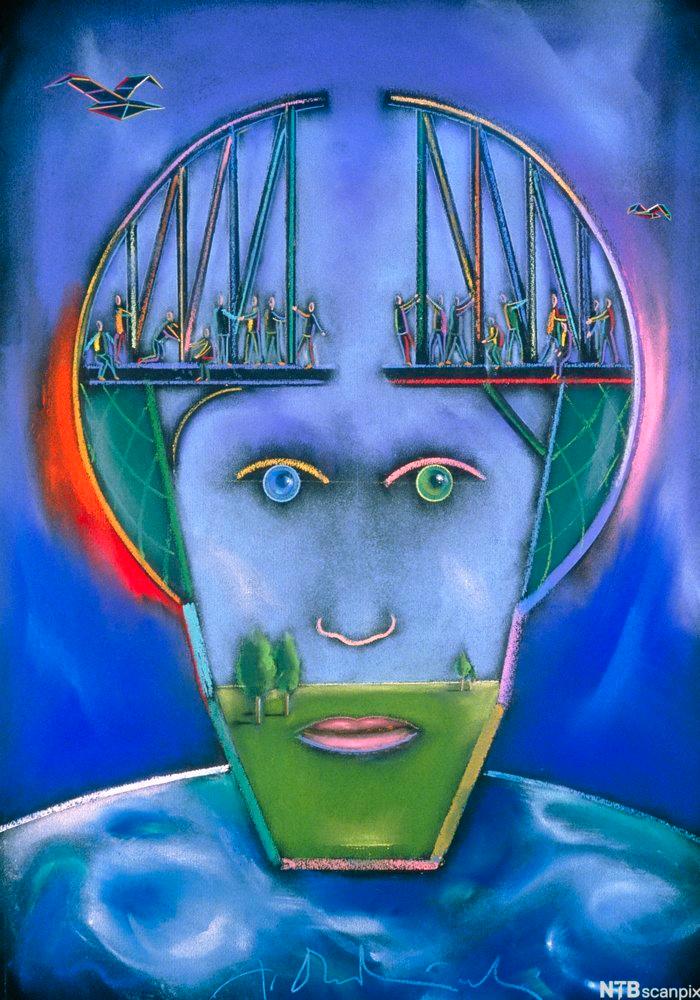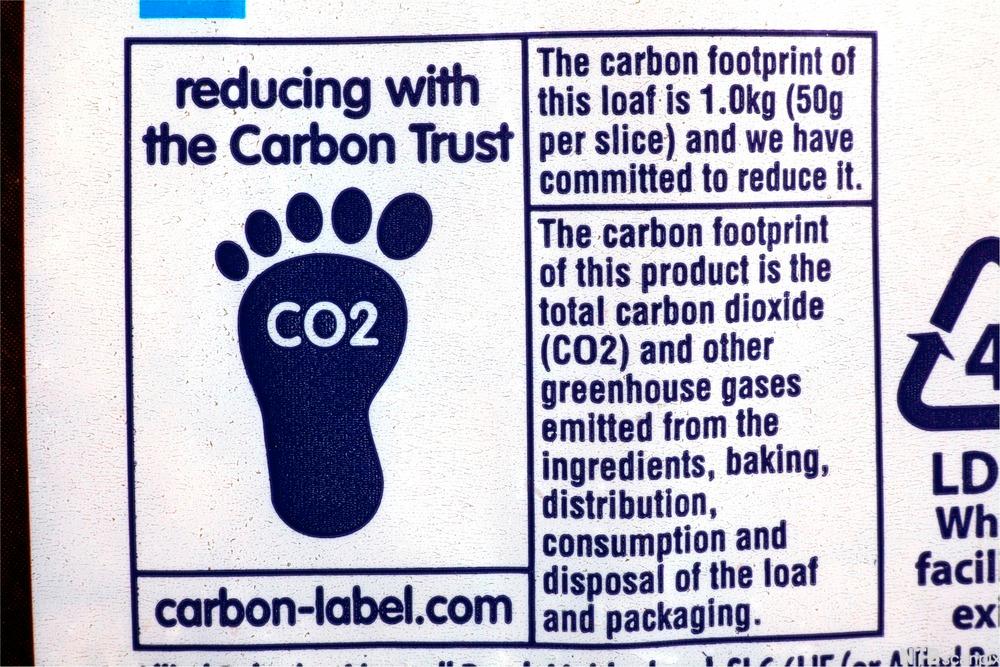
Vocabulary
profound, transition, outsourcing, tuition costs, interlinked, stagnate, decline, average, interest rate, significantly, retiree, current, maintain, obesity, draught, crop, infrastructure, currency, devaluate, crucial
Jobs and Education

The transition from an industrial to a postindustrial economy is difficult in any society. Factory jobs are now being replaced by jobs in the knowledge industry and service sector. A few decades ago, many young boys followed in the footsteps of their fathers and worked at the local factory. Jobs there did not necessarily require that you were a skilled worker. It was possible for young people to find good jobs that actually paid well, even for those who did not have higher education. Many of these jobs have disappeared, partly due to outsourcing and globalization. Young people with grades below average may have difficulties completing degrees at universities and colleges, and this will strongly affect their lifetime earnings. Americans without higher education earn relatively little compared to Norwegian workers without higher education. Many of these workers earn only about $20,000 in a full-time job. Therefore, they often have a hard time makings ends meet due to rising costs of healthcare and housing. Furthermore, rising tuition costs at universities have recently made it increasingly more important that parents start early saving money for their children’s higher education. In light of these interlinked challenges regarding jobs and education, it is important for the United States to improve the skills and competence of the workforce to qualify for demanding jobs in the 21st century. There is a strong competition between countries in our globalized economy. In some Asian countries, the competence in math and other hard sciences is higher than in the United States and other Western nations, and the United States must try to bridge this gap.
Economic Inequality
The decline of well-paid manufacturing jobs and the rise of low-paid jobs in the service sector, such as jobs in Wal-Mart and McDonald's, have contributed to increasing economic inequality. During the last thirty years, the richest one percent of Americans have increased their share of the economic pie considerably compared to the rest of society. Today, the richest one percent controls about 23 percent of all income and about 40 percent of all wealth. Meanwhile, the average American has seen stagnating real wages since the 1970s. The economic crisis of 2008, due to irresponsible behavior by banks, affected both the rich and the poor and average Americans. Partly because of falling housing prices, there has been a dramatic decline in average family wealth in the United States. There was a reduction from $126,400 in 2007 to $77,300 in 2010. This is a 39 percent drop in only three years. The decline in wealth has disproportionately affected African Americans and Hispanics, but many whites also suffer. When people have less money to spend, there is too little demand in the economy, and many companies cannot sell enough of their products. Many people have compensated by using several credit cards; but it is not smart to spend more money than you have, and the interest rate on credit card debt is very high.
Baby Boomers Retire
Large groups of people in the United States, like in Norway, were born in the post-war period. People were happy then that the war was over, and celebrated this by having kids. These people are now in their mid-60s and have begun retiring. There are now significantly fewer workers per retiree than a few decades ago, and this poses economic challenges for the United States. This means that relatively fewer workers pay into the Social Security “pie” that more and more retirees will share. Consequently, people are encouraged to save money in their own pension plans so they can receive extra money in addition to what they get from Social Security when they retire. It is positive that many people live longer, but a rising number of elderly people leads to more need for health care. The current Medicare program that covers people above 65 will be difficult to maintain, because it will be very expensive in the years to come. Also health costs in general will grow partly because of lifestyle problems, including inactivity and obesity.
Climate Change

The weather has always caused many problems all around the world, but the weather and the problems it causes have become more extreme in recent years. New York Times reporter Thomas Friedman has referred to this as “global weirding.” We see extreme heat and drought in some areas, whereas elsewhere heavy rainfall and flooding is destroying crops. In the coming decades, the world will witness intensive struggles for resources in order to meet an increasing demand for energy. Access to clean water may become a challenge in new places.
Having the largest economy in the world, the United States has a great responsibility in the global fight against dangerous climate change. However, President Barack Obama has not succeeded in passing a major climate bill. He faces considerable opposition from members of both parties, but mainly from the Republican Party. Since 2010, there has been a sharp decline among conservatives who accept climate change, and the coal and oil industries have strong lobbying groups that work against stricter environmental regulations. Among the big players in this game to prevent more effective regulations are Exxon Mobil, which is the largest oil company in the world, and Koch Industries, an energy company that is led by two of the richest Americans, Charles and David Koch. There are strong connections between the energy industry and the Republican Party, and it may be impossible to pass a landmark bill soon that would significantly curb emission of CO2. Rich companies have too much political power in the U.S. today.
The United States in Decline?
There is a debate as to whether economic problems may lead to a decline in American global power. Large empires have collapsed before, as Yale historian Paul Kennedy pointed out in his book The Rise and Fall of the Great Powers in the late 1980s. The U.S. budget deficit is very high, and the public debt has increased to about a hundred percent of the Gross Domestic Product. The American infrastructure – roads, bridges, railways, schools, etc. - desperately needs modernization. Some people argue that the so-called BRIC-countries – Brazil, Russia, India, and China - will become more dominant in the future. China now has the world’s second largest economy after the United States and has a modern infrastructure. Unlike the European nations that are members of the Euro-zone, the United States has its own currency, and this is an advantage because it is possible to devaluate – make money worth less - to help the export industry.
The United States is not as economically powerful now compared to the rest of the world as it was right after World War II. Still, it is arguably important for the world that the United States remains powerful. Few people in the Western world want China or Russia to replace the United States as the dominant world power, and there are no other nations in the Western world that can take over the role of the United States as the defender of the ideas of freedom, democracy, and human rights. Therefore, it is crucial that the U.S. deals with the challenges that are discussed in this article, and that the U.S. succeeds as a nation.
Tasks and Activities
1. Vocabulary – Drag and Drop
2. Questions
- Which of these challenges do you see as most important and/or most difficult to deal with? Why?
- What is meant by baby boomers?
- Find out what the difference between deficit and national debt is?
- What are the effects of devaluating a country’s currency?
- Explain the term ‘Gross Domestic Product’!
- How may the use of several credit cards affect your economic situation?
- What is meant by the BRIC countries, and how may these affect the US economy?
3. Challenges for the US in the 21st Century - Tasks
Challenges for the US in the 21st Century